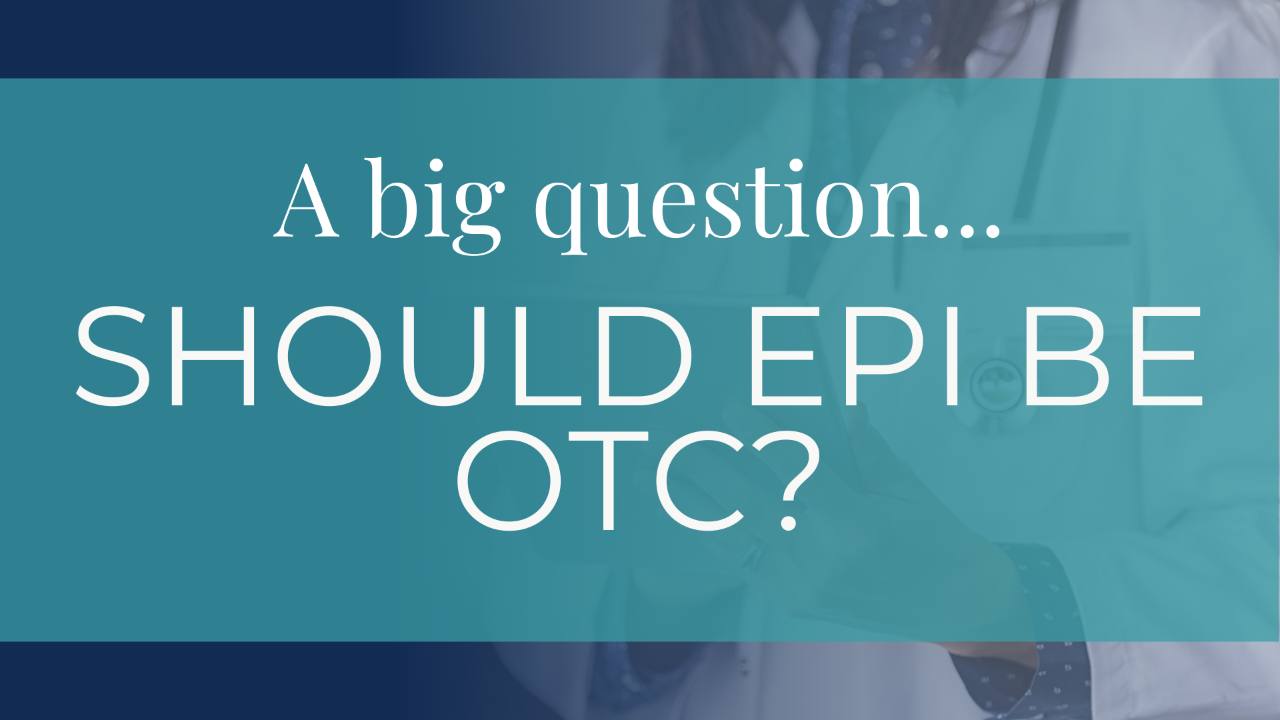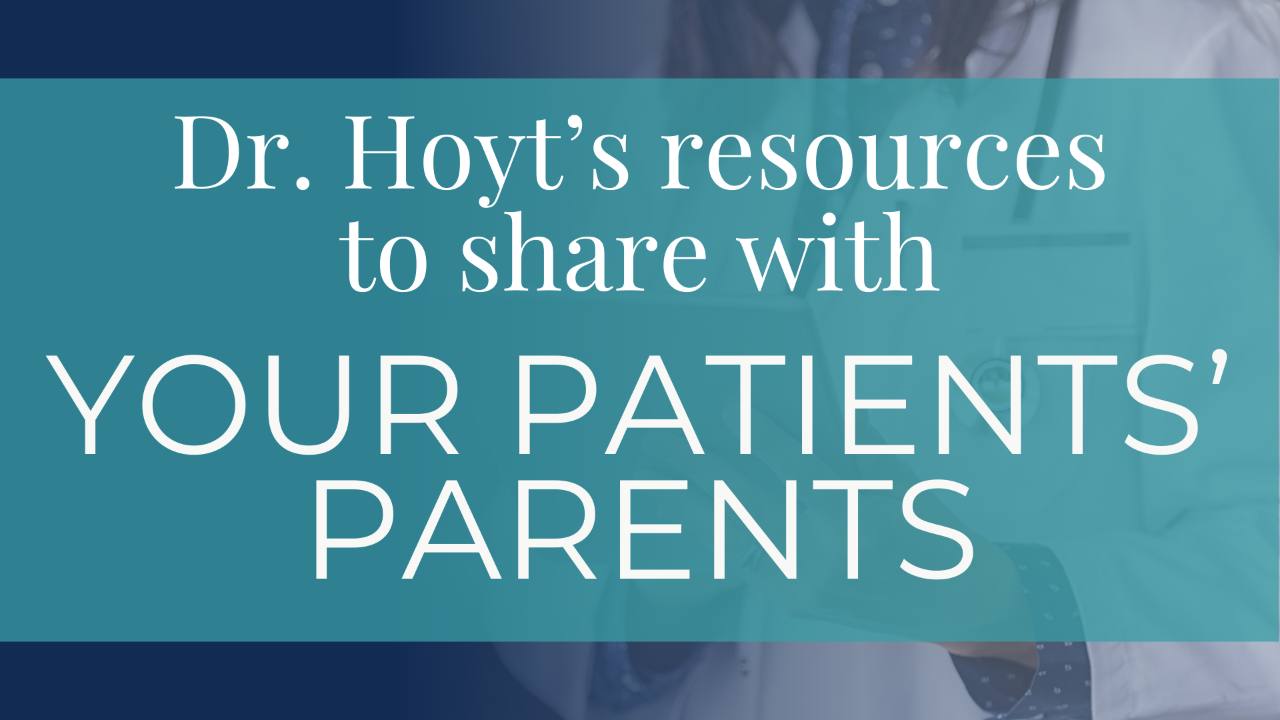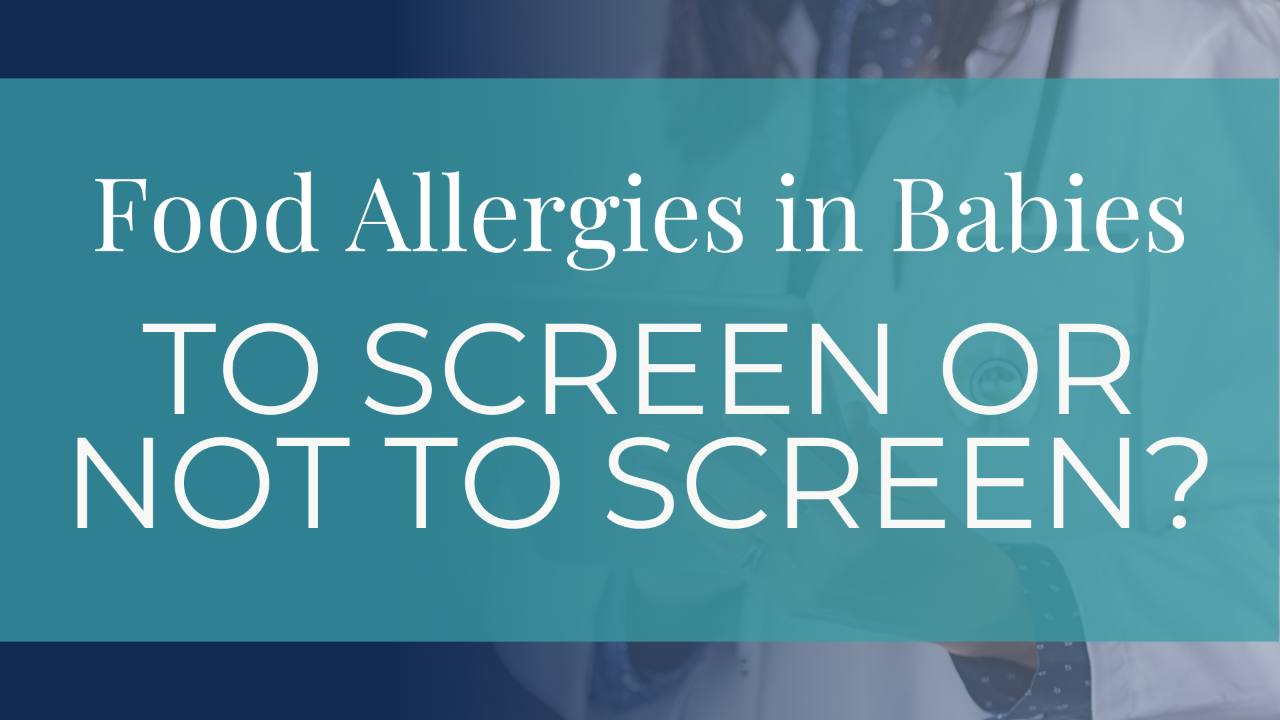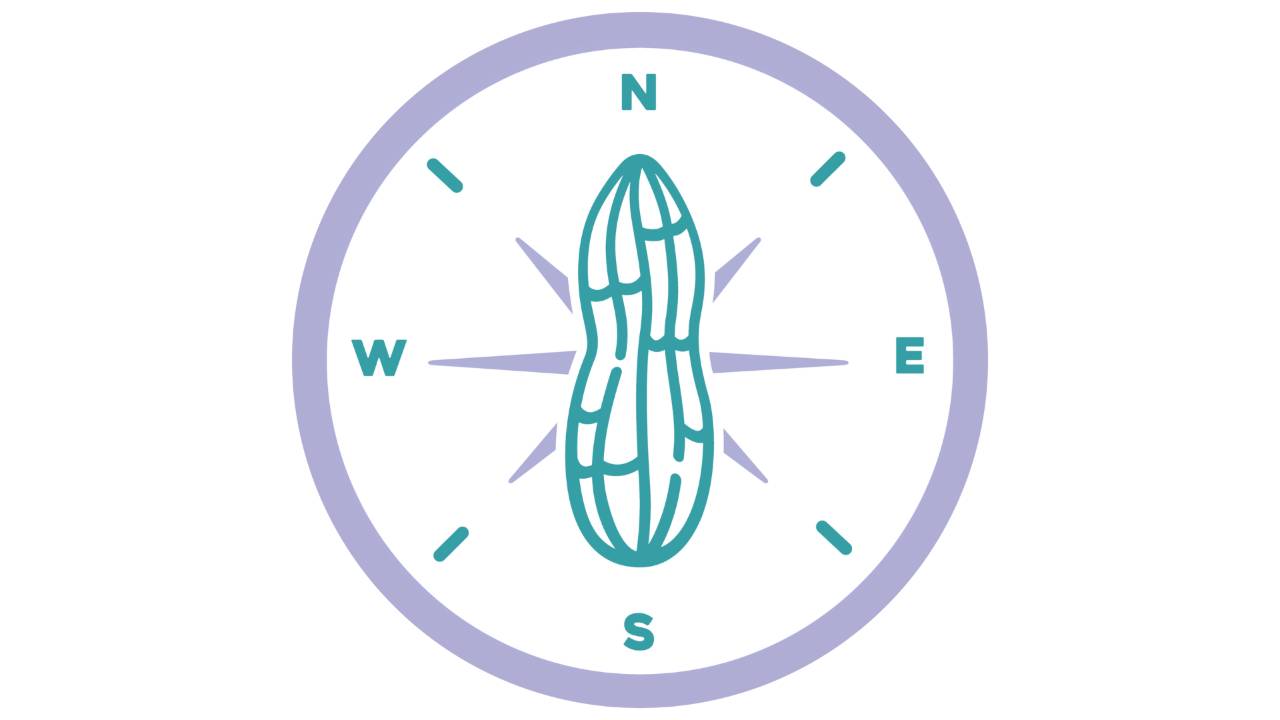Does early allergen introduction interfere with breastfeeding?
Let's review the data...
Food Allergy Friday 01.31.2025
Expert Updates for Pediatric Healthcare Providers
🧭 Your weekly compass in the evolving landscape of pediatric food allergies
This Week's Featured Article
Title: "Early Solid Food Introduction: Role in Food Allergy Prevention and Implications for Breastfeeding"
Authors: Elissa M. Abrams, MD, FRCPC, Matthew Greenhawt, MD, MBA, MSc, David M. Fleischer, MD, FAAAAI, and Edmond S. Chan, MD, FRCPC, FAAAAI
Journal and Year: The Journal of Pediatrics 2017 (kind of an oldie but such a goodie)
⚡️ Key Points in 30 Seconds
-
Early allergen introduction does not interfere with breastfeeding.
-
Multiple studies support introduction of foods, especially peanut and egg, around 4 months of age to help prevent the development of food allergies.
-
Available data do not suggest that early food introduction shortens the duration of breastfeeding.
👉 Why This Article Matters for Your Practice
Did you know that delayed allergen introduction is the only modifiable risk factor for food allergies? 😳
This means that babies in whom food introduction occurs later in the first years of life are more likely to develop food allergies than babies who have food introduced and incorporated into their diets early and often.
But is there a downside to early allergen introduction?
If you are worried about early allergen introduction negatively impacting breastfeeding, this article should help you rest assured that that is not an issue. Decades ago in developed countries, there were issues when early weaning meant babies were transitioned away from breastfeeding to foods and, thus, the imperative nutrition of breastmilk was being lost. This still happens in less developed nations. These days in developed countries, we as pediatric providers and laypersons all tend to recognize and respect the value of breastmilk throughout year one of life for optimal development of the baby. This article reviews some of the best early introduction studies (LEAP and EAT, to name a few), and in these studies, breastfeeding was not negatively impacted by early introduction of foods.
When are you talking about food introduction at your well-baby appointments? The next time you have a 2 month-old baby in for a well visit, begin the discussion on food introduction and plan to talk more about it at the 4-month appointment.
📊 Study Overview
Population: Babies. 👶
Design: This article reviews the early introduction studies (there’s an awesome table of the studies in this paper) and focuses on breastfeeding.
Primary Outcome (regarding food allergy): Early allergen introduction does not negatively impact breastfeeding.
Key Conclusions by the Authors: “Harmonization of early introduction guidelines with breastfeeding guidelines is needed to maximize the benefits of both exclusive breastfeeding and early complementary food introduction.”
Hoyt Commentary
I get it. It’s hard to shift a recommendation as big as when to start feeding a baby food. The younger pediatric clinicians have been preached “breast is best” since they started their careers, and pediatricians who’ve been in this field for decades have seen the cultural shifts with breastfeeding and formula feeding. The American Academy of Pediatrics (AAP) recommends exclusive breastfeeding for about the first six months. We support continued breastfeeding after solid foods are introduced as long as you and your baby desire, for 2 years or beyond (AAP). WHO and UNICEF recommend that children initiate breastfeeding within the first hour of birth and be exclusively breastfed for the first 6 months of life – meaning no other foods or liquids are provided, including water (WHO). So why and how should pediatric clinicians shift their practices to encourage families to introduce allergens “early” to babies? The term “early” is relative. Early wasn’t necessarily early until the AAP recommended no milk until age one, no eggs until age two, and no nuts until age three - recommendations that had little evidence and were intended to halt the uptick in food allergies. Unfortunately, that was the opposite approach, and food allergies increased even more.
I am not affiliated with the WHO, so take my assessment as an independent observer: In considering the reasoning behind a recommendation, especially the WHO’s firm recommendation, we must consider the source and their mission. The WHO deals a lot with life-threatening infection and malnutrition, so it makes sense that the WHO recommendation is to help prevent babies from dying, especially from infectious diseases that can occur when babies are fed foods and liquids that are contaminated with bacteria (many countries do not have easy access to clean water). Also, weaning a baby too early takes away the perfect nutrition that comes from breastmilk. As you may know, the food allergy epidemics impact developed countries that have clean water and stable sources of good nutrition for babies as well as access to pediatric clinicians who can provide guidance on best practices for babies in these communities (though, yes, we could certainly have better access, but that’s a different conversation…). The countries best served by the WHO’s mission are not necessarily the countries with food allergies, so food allergy prevention really would not be a factor in the WHO recommendations.
This underscores the importance of pediatric clinicians really reading the data for themselves and applying the information to their own populations. Sometimes large organizations try to give blanket statements with the best of intentions and with important purposes, but it is up to us as experts in pediatric care to apply our knowledge to research and our patient populations to help our patients have the best possible outcomes.
Patient Communication Tips
🗣️ Key Messages for Families
-
Early food introduction can help prevent the development of food allergies.
-
Early food introduction does not interfere with breastfeeding.
Sample Script:
"Many food allergies can be prevented by feeding babies commonly allergenic foods early and often. Peanut and egg have the strongest data. What have you heard about when and how to start feeding your baby safely?"
🧐 Quick Quiz
After perusing the article, test your knowledge with this single question:
True or False: Early food introduction interferes with breastfeeding.
Answer and explanation provided in next week's newsletter. ✔
Last week’s answer: C, though A and B are also correct if you look at the shortened versions.

'Food Allergy Friday' is curated and written by Dr. Alice Hoyt. Dr. Hoyt is board-certified in allergy & immunology, internal medicine, and pediatrics. Her clinical expertise is in food allergies, and she serves patients with her team at the Hoyt Institute of Food Allergy.
Share this newsletter! Simply forward it to a colleague. 👍 And they can visit foodallergypedshub.hoytallergy.com.





